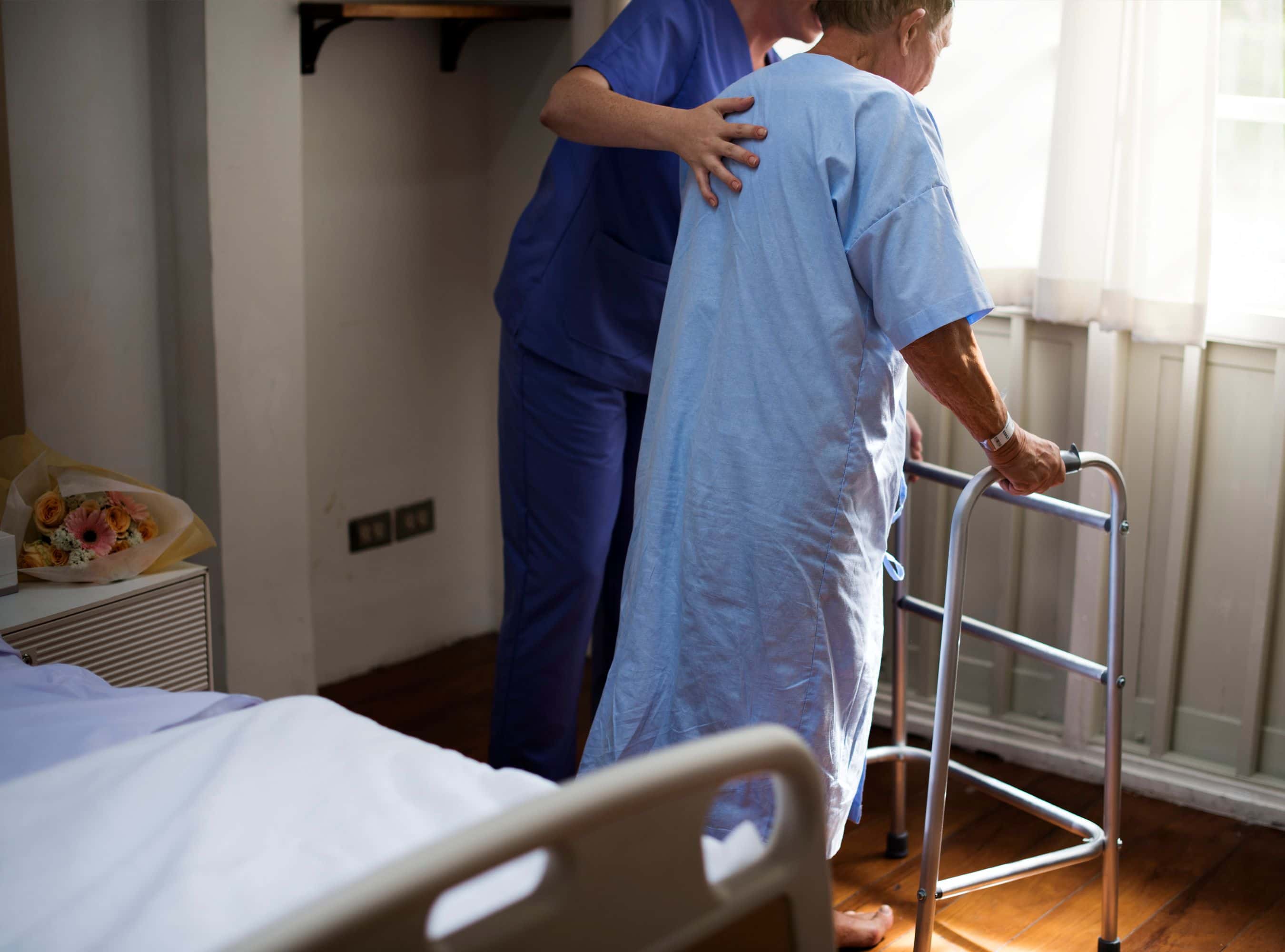Court: Court of Appeals of KentuckyJurisdiction: FederalCase Name: Hazard Nursing Home, Inc. v. AmbroseCitation: 2013 Ky. App. Unpub. LEXIS 596
Facts
The respondent, an administrator of the deceased’s estate, filed a complaint against the appellant, a nursing home, alleging negligence in their care. The respondent claimed this negligence caused pain and suffering to the deceased, and ultimately led to her death. A jury found the appellant to be guilty of breaching their standard of care and awarded damages to the respondent. The appellant appealed this decision and included a motion to exclude the testimony of the respondent’s nursing home expert witness.
The Nursing Home Expert
The nursing home expert was a former nursing home administrator and a current consultant for the eldercare industry. He had previous nursing home expert witness experience, testifying in several medical malpractice and insurance litigation suits.
The nursing home expert testified on the standards that apply to nursing home administration as outlined by the Long Term Care Survey Manual. This manual is a compilation of federal laws and regulations governing nursing homes. The nursing home expert testified that the manual’s requirements on preventative care are meant to hinder the occurrence of pressure ulcers, a condition suffered by the deceased. The expert noted the manual guidelines for pressure ulcer prevention include providing sufficient hydration, nutrition, repositioning, turning, and bathing services to the patient.
The nursing home expert also reviewed the nursing home’s documentation of their care plan for the deceased. He concluded that the care plan was improperly followed by the nursing home by not bathing the deceased as often as required. He further testified that the appellant had failed to reposition the deceased in her bed as mandated by the manual. In the expert’s opinion, the appellant had failed to provide the deceased with the appropriate preventative care.
Discussion
The appellant challenged the testimony of the respondent’s nursing home expert. The appellant argued that the trial court had erred in allowing the expert’s testimony on medical standards of care as he was neither a doctor nor a nurse and, thus, not qualified to offer this opinion. The appellant claimed that the expert’s testimony was in violation of Rule 702 of the Kentucky Rules of Evidence.
The court believed that the nursing home expert had testified within the confines of his expertise in the field of nursing home administration. The court noted that the Long Term Care Survey Manual had a compilation of both federal laws and regulations governing nursing homes and that there was the possibility of an overlap between the standard of care in the manual and the medical standard of care. However, the court found that the expert had limited his testimony to the standard of care required by the manual and upon the appellant’s care plan for the deceased. The court also noted this distinction was quite apparent by the expert prefacing his opinion at multiple instances as being based solely on the manual requirements. The court further noted that the trial court had sustained the appellant’s objections to the nursing home expert’s testimony, and, thus, it had not violated Rule 702 or abused its discretion by admitting the nursing home expert’s testimony.
Held
The appellant’s motion to exclude the testimony of the respondent’s nursing home expert witness was denied.
About the author
Zach Barreto
Zach Barreto is a distinguished professional in the legal industry, currently serving as the Senior Vice President of Research at the Expert Institute. With a deep understanding of a broad range of legal practice areas, Zach's expertise encompasses personal injury, medical malpractice, mass torts, defective products, and many other sectors. His skills are particularly evident in handling complex litigation matters, including high-profile cases like the Opioids litigation, NFL Concussion Litigation, California Wildfires, 3M earplugs, Elmiron, Transvaginal Mesh, NFL Concussion Litigation, Roundup, Camp Lejeune, Hernia Mesh, IVC filters, Paraquat, Paragard, Talcum Powder, Zantac, and many others.
Under his leadership, the Expert Institute’s research team has expanded impressively from a single member to a robust team of 100 professionals over the last decade. This growth reflects his ability to navigate the intricate and demanding landscape of legal research and expert recruitment effectively. Zach has been instrumental in working on nationally significant litigation matters, including cases involving pharmaceuticals, medical devices, toxic chemical exposure, and wrongful death, among others.
At the Expert Institute, Zach is responsible for managing all aspects of the research department and developing strategic institutional relationships. He plays a key role in equipping attorneys for success through expert consulting, case management, strategic research, and expert due diligence provided by the Institute’s cloud-based legal services platform, Expert iQ.
Educationally, Zach holds a Bachelor's degree in Political Science and European History from Vanderbilt University.



